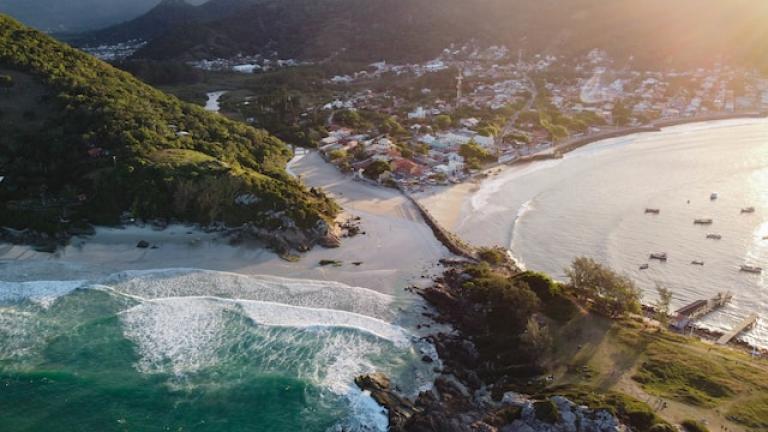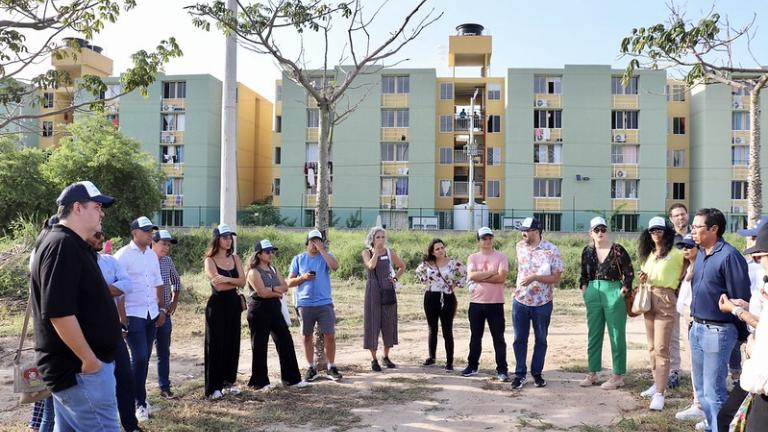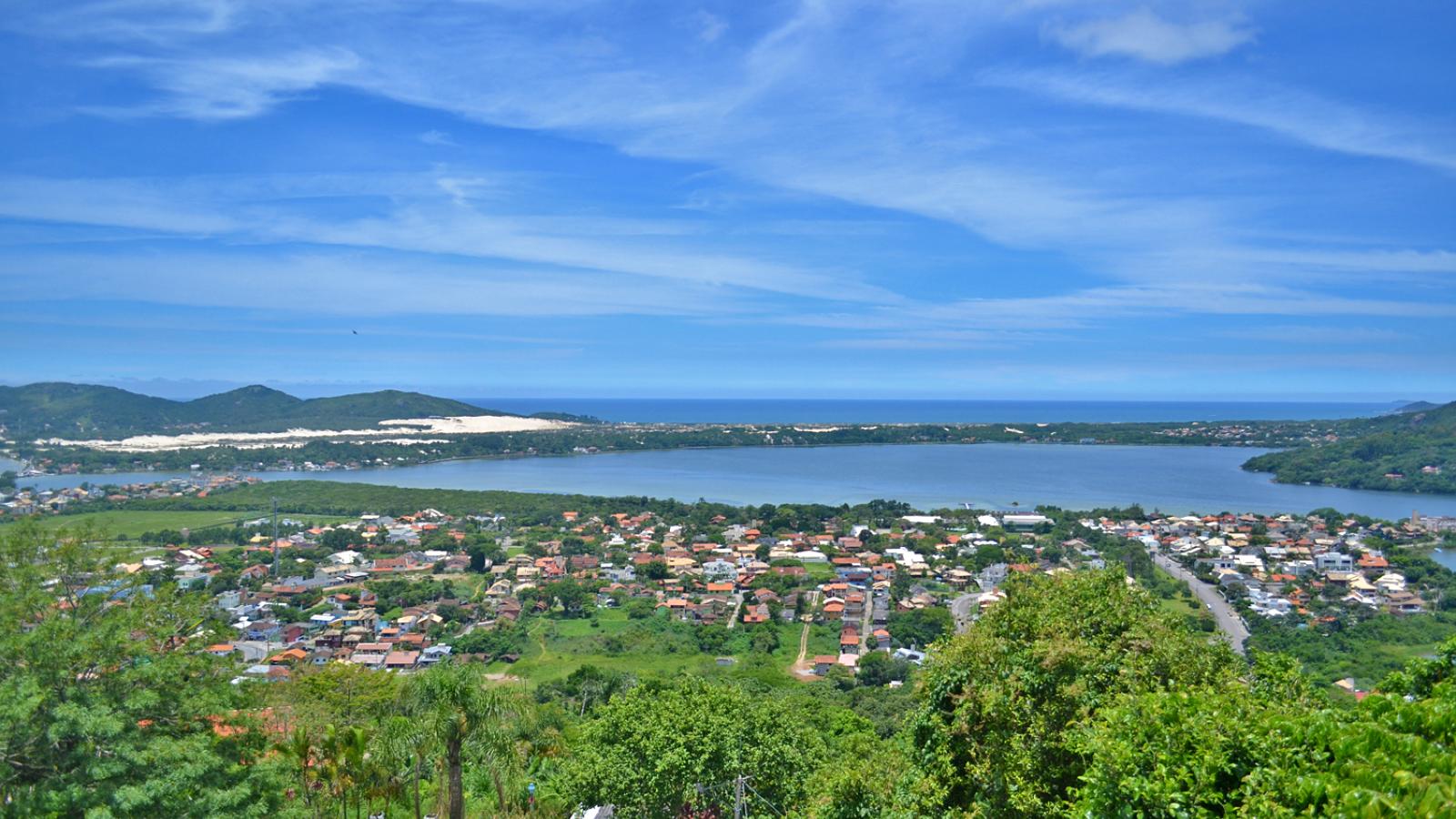UrbanShift Lab on Metropolitan Planning and Climate Action in Florianopolis
This technical workshop will bring together representatives from national, state and city level, to discuss how climate change measures can be integrated in the metropolitan planning instruments and improve inter-municipal governance.
The UrbanShift Lab in Florianopolis, Brazil, is a two-day workshop organized by the World Resources Institute (WRI) in collaboration with the Ministry Science, Technology and Innovation of Brazil (MCTI), the State Metropolitan Agency of Santa Catarina (SUDESC) and the Municipality of Florianopolis.
The event is expected to bring together 60 participants from 3 metropolitan regions of Brazil (Florianopolis, Belem and Teresina), representing over 15 cities, as well the Ministries of Cities and of Science, Technology, and Innovation, SUDESC, the State Civil Defense and other departments of the municipality of Florianopolis.
The objective of the event is to explore data from the territory, analyzing key climate hazards and the regional development of the Metropolitan Region of Florianopolis to understand how planning instruments can integrate climate measures and promote coordination between cities. The additional invited cities will engage in discussions about their regions and learn from the methodology to replicate such assessments.
The event agenda, presentations and photographs will be shared later in this page as the workshop is delivered.
This technical workshop will bring together representatives from national, state and city level, to discuss how climate change measures can be integrated in the metropolitan planning instruments and improve inter-municipal governance.

UrbanShift Labs
Summarizing insights and lessons from eight of UrbanShift's Labs, this report offers a template for furthering geospatial analysis in cities.

Brazil National Dialogue
The first National Dialogue for Brazil aligned stakeholders from across levels of government to further innovative and sustainable strategies for urban development.

How Teresina is Accelerating its Transition to a Green and Resilient City
From UrbanShift's capacity-building activities, this scorching city in northeastern Brazil is drawing inspiration and technical knowledge to build sustainability from the ground up.

UrbanShift Annual Report 2024-2025
UrbanShift's final Annual Report spans an impactful year of over 30 events and major progress across our network of 23 cities.

